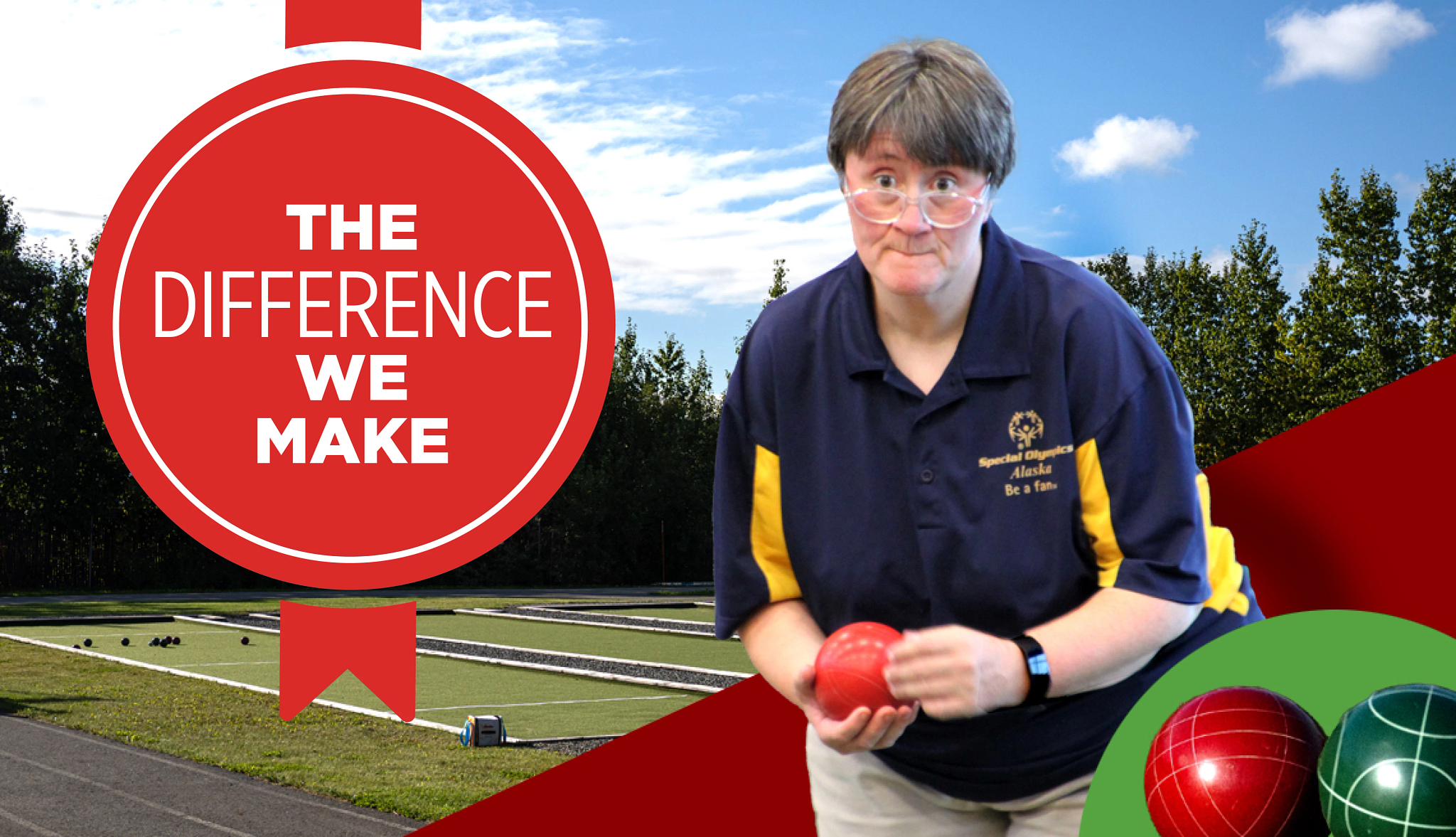AARP Hearing Center


Debbie Rauh, 51, is a gold medalist.
Her sport? One of the oldest in history, predating even the Romans: bocce.
Rauh, who lives in Alaska’s picturesque capital city of Anchorage, is now part of that history. She plays with Special Olympics Alaska, whose bocce teams have competed in local and state tournaments. And she’s always going for gold.
“I love winning bocce matches,” Rauh says.
The sense of fierce but friendly competition, joy and pride that bocce brings has been contagious for all players. But as interest grew, Special Olympics officials in Anchorage realized they needed more space to accommodate those from around the state who traveled to use the facilities.
Join Our Fight to Protect Older Americans
Here’s what you can do to help:
- Sign up to become an AARP activist for the latest news and alerts on issues you care about.
- Find out more about how we’re fighting for you every day in Congress and across the country.
- AARP is your fierce defender on the issues that matter to people 50-plus. Become a member or renew your membership today.
In 2023, the organization looked for funding to expand its sports and fitness facility and provide new recreational and social opportunities for older adults with and without intellectual and developmental disabilities.
That same year, AARP awarded a $10,000 Community Challenge grant to Special Olympics Alaska to build three new bocce courts and install water refill stations inside the gymnasium, which is also used by local senior walking clubs. This investment created more opportunities for Special Olympics athletes statewide to practice and compete.
“We went from only advancing [about] 20 to 22 bocce teams from across the whole state ... to 40 teams,” says Sarah Arts, CEO and president of Special Olympics Alaska. “If we didn’t have those courts, we wouldn’t have that opportunity.”
It was one of hundreds of quick-action projects sponsored and funded by AARP, which awarded some $3.6 million in 2023 to help communities in all 50 states. AARP has been awarding Community Challenge grants annually since 2017.
The projects AARP chooses to support help urban, rural and suburban communities make immediate improvements and jump-start long-term progress to support residents of all ages.
When asked about the new courts, Rauh summed up the new additions succinctly: “pretty cool.”




































































More From AARP
What Social Security Means to These Americans
‘I’ve earned it’: These Americans paid into Social Security for decades
AARP Wants to Stop Medicare Advantage Upcoding
Billing method allows private plans to boost their revenue
OAA Turns 60: What’s in It for You?
The 1965 law built a network of local support for older adults across the U.S.